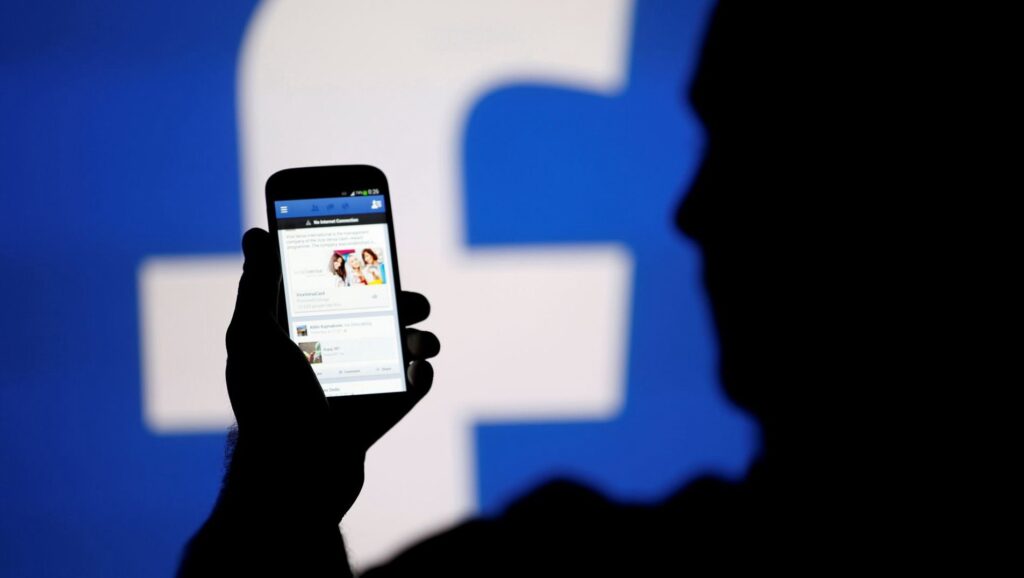Charlie Kirk’s influence in conservative politics has been profoundly shaped by social media, a platform that has also magnified the reactions to his recent death. In the wake of his assassination in Utah, social media channels have been flooded with responses, many seeking to defend or criticize Kirk's legacy.
Utah's Governor, Spencer Cox, recently criticized social media on NBC’s “Meet the Press,” labeling it a dangerous addiction that fuels societal hatred. Meanwhile, Democratic Senator Brian Schatz advised citizens to engage in healthier activities rather than succumb to social media's divisive nature.
The rapid spread of distressing content, including chilling videos related to Kirk's death, raises questions about the responsibility of social media companies. Algorithms that prioritize engagement often exacerbate societal divide, forcing both conservative and liberal commentators to evaluate their strategies. As Laura Edelson from Northeastern University attributes much of today's social interactions to these algorithms, the ongoing commentary reflects concerns over the balance between free expression and social responsibility.
Some conservatives have also taken to social media, hunting for disparaging comments about Kirk and rallying against those who do not align with their sentiments. Figures like Rep. Randy Fine have publicly encouraged backlash against perceived disrespect for Kirk, deepening the emotional and ideological rifts among users online.
In places outside the U.S., like Nepal, violent disruptions have erupted due to governmental attempts to regulate social media. Protesters argue such moves are an attempt to silence dissent, resulting in tragic consequences, including fatalities. Observations from these events underline the complex relationship between social media, governance, and public safety.
The challenges faced by social media platforms in moderating divisive content are immense. Experts warn that unless significant shifts occur in how these platforms operate, the cycle of outrage and division is unlikely to cease, further complicating the American political landscape.
As the nation reflects on the ramifications of Kirk’s assassination, both sides of the political spectrum are urged to reconsider how they engage online and within their communities, highlighting the critical need for understanding and collaboration in such a polarized environment.




















